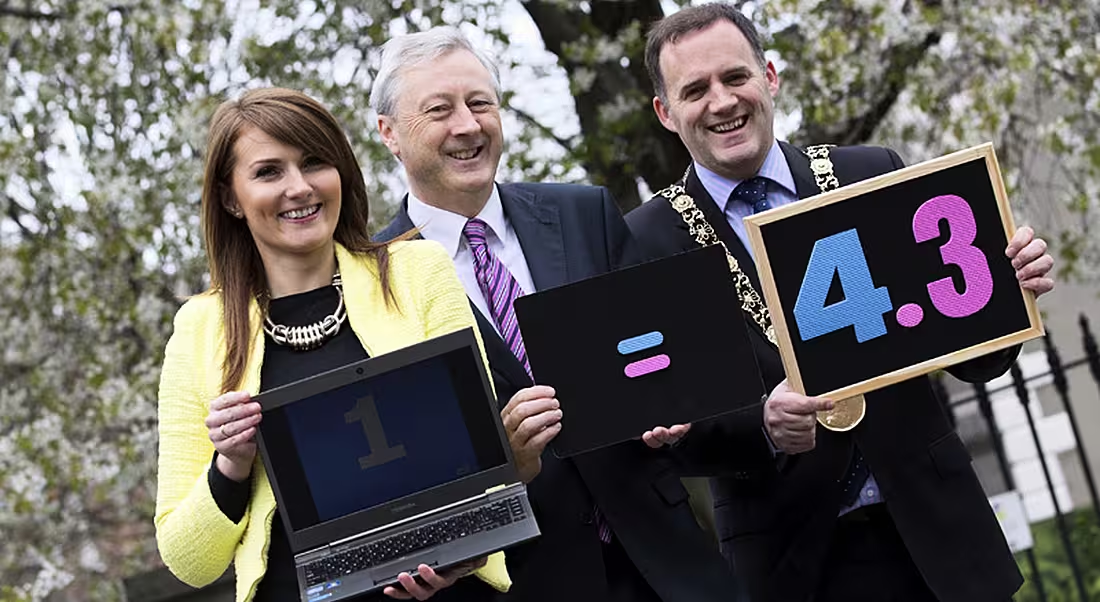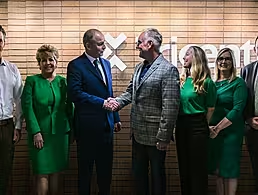More than 300 delegates from around the world are expected to descend on Dublin later this month for a two-day conference called Open Innovation 2.0 to explore how a new approach to innovation and research can create jobs.
The European Commission is supporting the event, which will take place on 20 and 21 May at Dublin Castle.
Open Innovation 2.0 is a new paradigm for promoting more open and collaborative approaches to how society and economy innovates.
Dublin’s Lord Mayor Naoise Ó Muirí launched the conference today. The event is being organised by Intel Labs Europe, Trinity College Dublin (TCD), the European Commission and Dublin City Council.
With Ireland’s current economic challenges, Ó Muirí said the country needs to find new and innovative ways to tackle unemployment.
“Open innovation as a driving force within a digital economy and society can create thousands of jobs in Dublin,” he said.
Recent research carried out by Engine Advocacy and published in The Economist showed that for every one job created in technology some 4.3 jobs are created in the wider economy.
Prof Martin Curley, vice-president of Intel Labs, said today that the future will be shaped by open collaboration and innovation between government, business, universities and citizens.
“The event in Dublin will put the case for changing our current policy and supports at national and European level in respect of innovation,” he said.
In terms of the role that universities can play in spurring on innovation, TCD’s dean of Research Prof Vincent Cahill said the Innovation 2.0 approach will mean that government, business and citizens can work with institutions to shape the economy for the challenges of the future.
During the conference, there will also be a showcase of how innovation and technology is changing our daily lives. This exhibition will be open to the public and will be held in the Mansion House.
Schools and the public can also enter a competition via Digital Dublin in advance of the conference. People can submit entries around the theme of how innovation and technology might change living in cities in the future.




